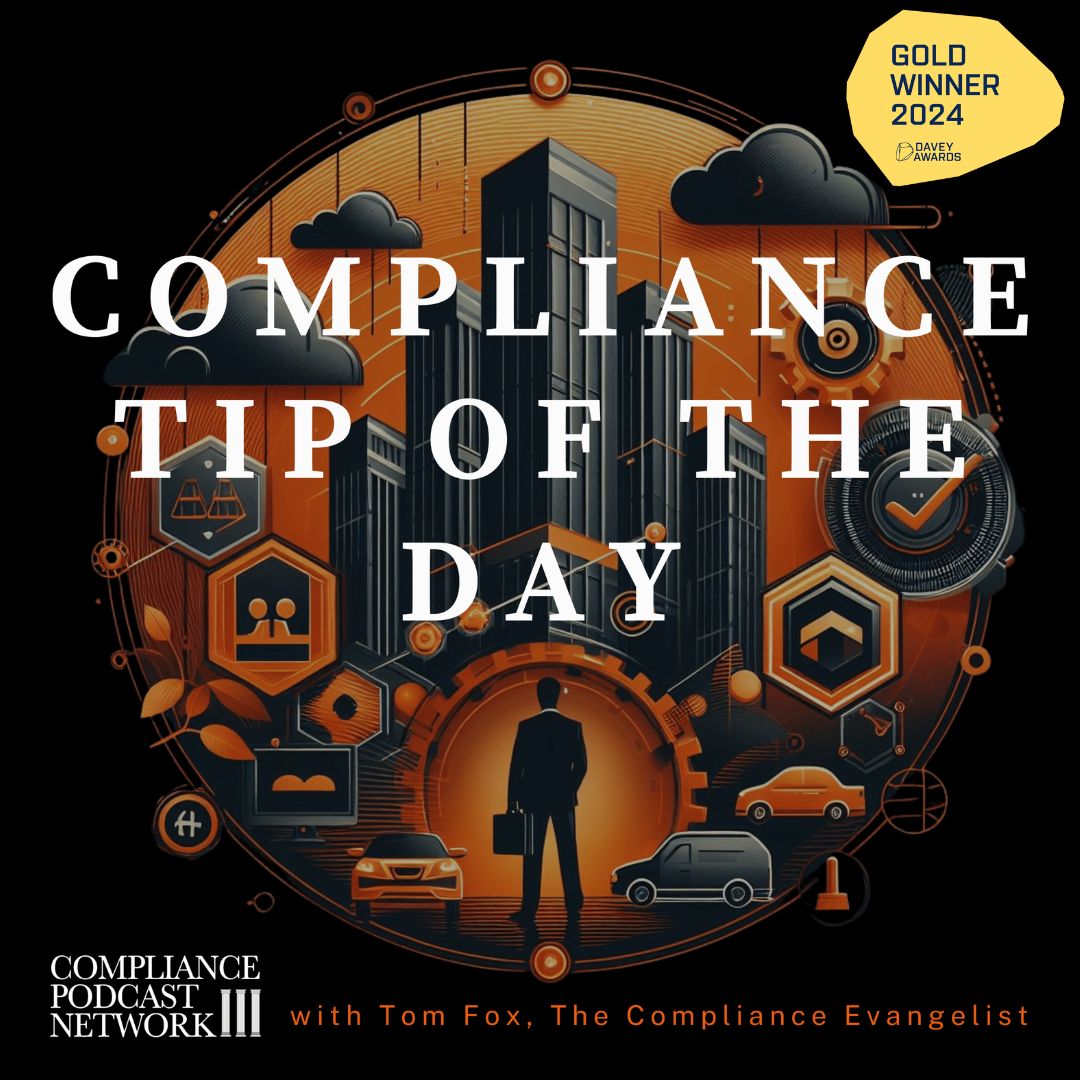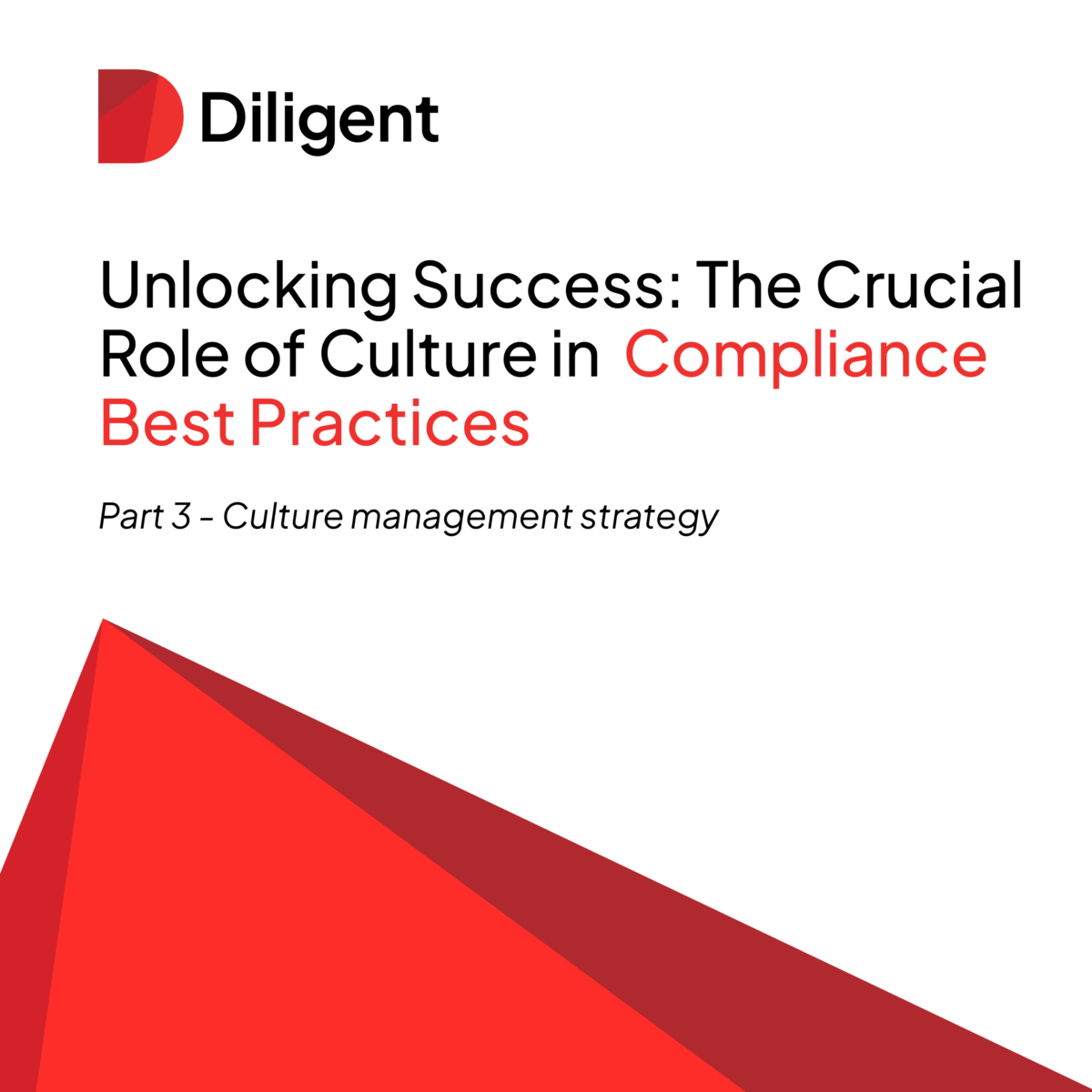A culture where employees feel safe to voice concerns through a speak-up culture is foundational to an ethical and compliant organization. However, fostering this environment is a two-way street; employees must feel encouraged to raise issues and confident that their voices will be heard and respected. Middle managers play a vital role in this process, serving as a bridge between employees and leadership. Training these managers to be effective listeners and supportive leaders is critical to embedding a true speak-up and listen-up culture. Today, I want to provide a comprehensive guide to structuring compliance training for middle managers to empower them in this essential role.
Establishing a Foundation for Openness and Trust
Middle managers are often employees’ first contact when they have questions, suggestions, or concerns. For this reason, the training should prioritize methods to create a welcoming and open environment. Employees are more likely to speak up in a space where psychological safety is present.
Training should focus on helping managers:
- Set a Positive Tone. Managers can model openness by actively seeking input, acknowledging diverse viewpoints, and demonstrating that they value honest feedback.
- Practice Respectful Communication. Respect and empathy should be at the core of all interactions. Managers should receive guidance on fostering a culture where positive or critical feedback is welcomed and used constructively.
- Address Barriers to Speaking Up. Training should include understanding common barriers, such as fear of retaliation or judgment, that might deter employees from sharing their concerns. Managers need to learn techniques to overcome these barriers, assuring employees that feedback is welcomed and issues are handled impartially
Mastering the Art of Active Listening
Active listening is the cornerstone of a listen-up culture. To create a sense of safety and encourage more openness, managers should learn to develop strong listening skills:
- Concentrate on the Speaker. Active listening involves more than just hearing words; it means being fully engaged and present. Managers should learn techniques to eliminate distractions, maintain eye contact, and show genuine interest in the employee’s concerns.
- Show Empathy and Support. Employees feel more valued when managers respond with empathy. Compliance training should include exercises to help managers practice empathy in real-time, learn to listen without judgment, and offer support without prematurely reaching conclusions.
- Utilize Non-Verbal Communication. Body language and facial expressions are powerful communicators. Managers should be trained to become aware of their non-verbal cues, such as maintaining an open posture, nodding, and mirroring, to convey that they are fully engaged and receptive to what the employee shares.
Reinforcing Confidentiality and Non-Retaliation
One of the most significant obstacles to a speak-up culture is the fear of retaliation or breach of confidentiality. Employees need assurance that speaking up will not negatively impact their role or relationships within the company. Training should address these concerns by teaching managers how to:
- Communicate Non-Retaliation Policies. Emphasize that the organization has a strict non-retaliation policy and that any reports made in good faith will not be used against the employee. Managers should be trained on what this means in practice and how to reiterate this assurance to their team.
- Model Confidential Handling of Concerns. Managers must understand the importance of discretion and keeping sensitive information within appropriate boundaries. Training should cover practical examples and role-playing exercises to help managers practice discretion when handling real-life scenarios.
- Know When and How to Escalate. Managers should learn the correct escalation protocols for concerns beyond their control, including when to involve HR, compliance, or other internal functions. This keeps matters within formal channels, allowing for a structured and consistent response to concerns.
Responding to Concerns with Consistency, Integrity, and Fairness
Consistency in handling concerns signals to employees that their voices are valued and treated equally. To encourage this, compliance training should incorporate strategies for managing responses to sensitive issues fairly and respectfully:
- Role-Playing Scenarios. Managers should engage in simulated situations where they practice responding to different concerns, such as interpersonal conflicts, compliance issues, or ethical dilemmas. By exploring these scenarios, managers can prepare for potential challenges in a controlled environment, making them better equipped to handle real situations confidently.
- Guided Self-Reflection and Assessments. Managers should regularly evaluate their response styles to ensure they meet company fairness, integrity, and transparency standards. Compliance training can include guided assessments that help managers identify areas for improvement, such as biases or tendencies that may unintentionally affect their responses.
- Implement Escalation Protocols. Managers must understand that not all concerns can or should be handled independently. Training should include guidance on the importance of escalating certain issues, such as legal or safety concerns, to the compliance department or other designated channels. This structured process ensures consistency, limits liability, and enhances employee trust in it.
Using Feedback Loops to Promote Continuous Improvement
For a speak-up culture to thrive, there should be an ongoing feedback and improvement process. Regular communication and consistent messaging from middle managers are essential to reinforcing this culture:
- Creating a Culture of Continuous Dialogue. Managers should be encouraged to check in with their teams regularly rather than wait for annual reviews or structured feedback sessions. This open, continuous dialogue builds familiarity and trust, making it easier for employees to speak up when they have concerns.
- Leveraging Digital Communication Tools. Managers can integrate compliance reminders, policy updates, and reinforcement of ethical standards into digital platforms where employees frequently engage. For example, using intranet channels or corporate social media platforms allows periodic messages, reminders, and success stories to be shared, helping employees internalize compliance messages over time.
- Self-Assessments for Managers. Incorporate periodic self-assessment exercises, where managers reflect on their actions and impact on the speak-up culture. This can include anonymous feedback from employees, allowing managers to gain insight into their perceptions and identify improvement areas. Regular self-assessments reinforce accountability and ensure that managers remain aligned with the company’s compliance goals.
Instilling the “Listen-Up” Culture in Managerial Training
A listen-up culture goes hand-in-hand with a speak-up culture. For managers to effectively handle the concerns brought forward, they must receive dedicated training on what it means to listen up:
- Developing Emotional Intelligence. Managers should be trained to be aware of their emotions and biases. Emotional intelligence is crucial in handling sensitive topics, as it allows managers to approach discussions with patience, empathy, and a genuine willingness to understand employees’ perspectives.
- Creating Safe Spaces in Daily Operations. Rather than waiting for formal review sessions, managers can be trained to set aside dedicated time during team meetings to allow employees to voice questions or concerns. Encouraging open discussions in a safe environment reinforces that the company values and listens to employee feedback on compliance issues.
A Continuous, Proactive Approach to Compliance Culture
By empowering middle managers to build trust, actively listen, and foster an open dialogue, a company can lay the groundwork for a resilient compliance culture. The speak-up and listen-up approach is about avoiding ethical or legal breaches and creating a workplace where employees feel valued and respected, leading to better overall engagement and performance. Compliance training that encourages middle managers to foster this culture of openness is an investment in the company’s ethical foundation and its long-term success. Ultimately, a strong compliance culture is only as robust as those who support and enact it, and middle managers are a critical part of that foundation.








